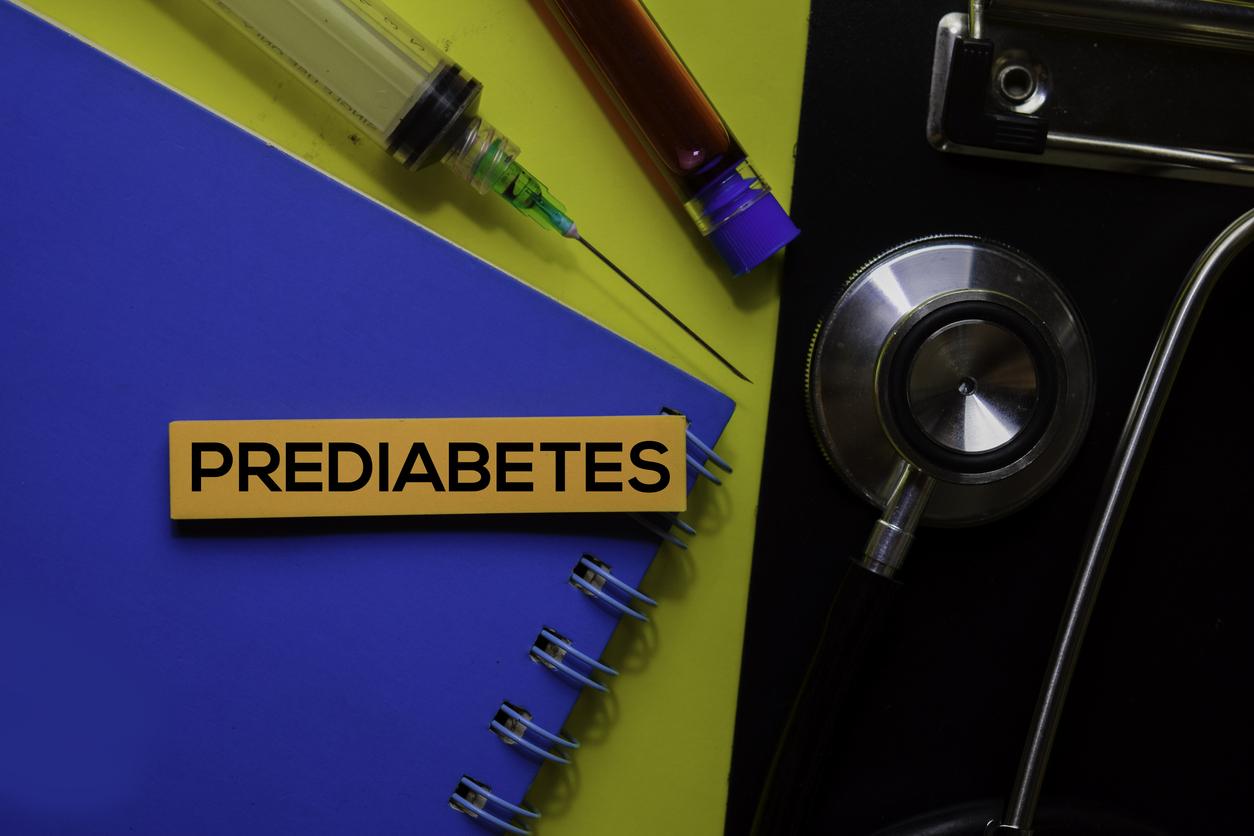A new study shows that daily physical exercise is able to erase the harmful effects of overeating at Christmas time. No need to go on a diet.

Foie gras, poultry, wines and desserts in shambles, for many Christmas Eve and the end of the year rhyme with excess. But don’t panic: a new study published on December 15 in The Journal of Physiology (free access until January 16, 2014) shows that physical exercise counteracts the harmful effects of overeating on Christmas … and other days of the year.
For this study, 26 young men were asked sportsmen and healthy to remain inactive for one week. While half of the group did not practice at all, the other half were asked to run on a treadmill for 45 minutes daily. All 26 young men had to overeat : the group that did not exercise saw their usual diet increase by 50% in terms of calories. For the group of athletes, the percentage of calories consumed has been increased by 75%, so that the calories burned during the 45 minutes of physical exercise do not adversely affect the results and that everyone has the same energy surplus every day.
Listen to Doctor Patrick Sérog, nutritionist. “This physiological study measures the effects on the body of a sedentary lifestyle, by reducing physical activity, and overeating. They mimicked the situation of “modern and urban man” and they varied a single component: physical activity “.
Observable effects after one week
Obviously, with such a diet, after a week everyone had put on weight. However, the study shows that this overeating diet did not have the same effects on the two groups of young men. While the group of athletes did not see “disruption of their insulin and markers of obesity genes”, overeating had “effects on the blood sugar level” of the group which remained completely inactive. Scientists observed that after a week, “fat cells exaggeratedly expressed genes linked to unhealthy metabolic changes.”
For Dr. Patrick Sérog, this study is a very important step forward for understanding the importance of physical exercise: “This is the first study to show that physical exercise alone has a beneficial effect. on the regulation of insulin and adipose tissue regulation genes. Clearly, physical exercise, alone – and therefore without the need for a diet, is capable of erasing the harmful effects induced by overeating.
150 minutes of sport per week
Listen to Prof. Patrick Tounian, head of the pediatric nutrition department at the Trousseau hospital in Paris. “You can, just by doing physical activity and without losing weight, reduce your cardiovascular risk, especially insulin resistance. “
Dr Sérog insists on the need for physical exercise for health and well-being, even if it is proven that doing sport does not make you lose weight: “There is no better medicine than physical exercise. . Every effort should be made to encourage people to engage in regular physical activity for at least 150 minutes per week. “
“Christmas must remain a celebration! “
But many nutritionists insist that the holiday season should be fun. Jean-Daniel Lalau, professor of nutrition at the University Hospital of Amiens, expresses “a reaction of rejection, not in relation to the study, but in terms of its extrapolation during this holiday season”. He fights against a society and a “hypernormée” diet, especially during the end of year celebrations. “We must not interfere in the plates during festive periods, it becomes intrusive and excessive: Christmas must remain a celebration! “.
Patrick Tounian goes even further: “Nothing justifies the continuation of a diet on New Years Eve! It is not a few days of excess that will kill an individual. »Which corresponds to the opinion of the French. According to an Ifop / UPSA study, 61% of French people say that the end-of-year celebrations are a source of pleasure and joy, even though 15% of them experience them more as a period of stress and ‘anguish.
The French would also be wrong to deprive themselves since their New Year’s Eve dinner is considered to be the healthiest in the world! A survey published in the Daily Mail has shown that the French New Year’s Eve meal, with its 46g of lipids and 29g of carbohydrates per person, was the least harmful of traditional meals. It is the United Kingdom which takes down the cup, with an average of 7000 calories! The typical British breakfast contains 69 g of fat and 211 g of carbohydrate. So all that remains is to have fun. Provided, of course, to resume physical exercise and good eating habits at the end of the holidays.
Ifop / UPSA study carried out on a sample of 1,001 people – representative of the French population aged 18 and over – by self-administered online questionnaire. From 13 to 15 November 2013.
.

















